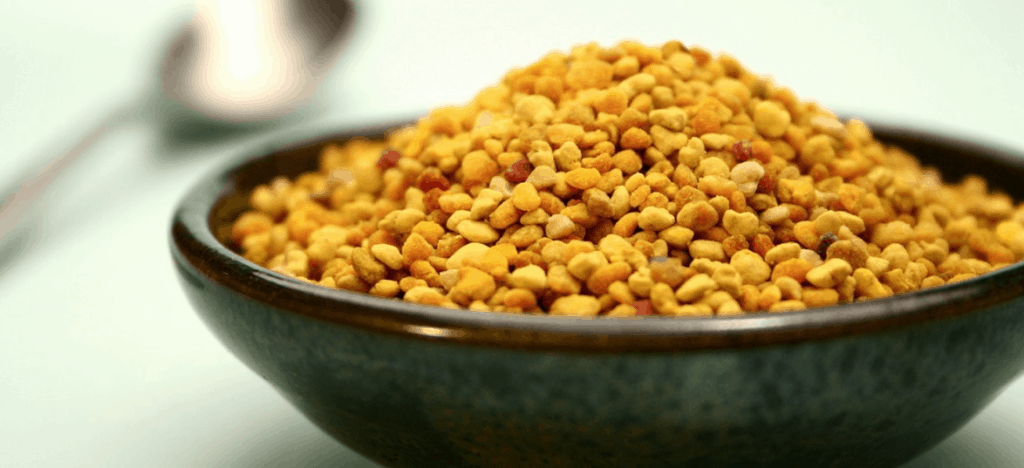Phytotherapy for Chronic Prostatitis

Medically reviewed by Dr. Paul Song M.D
Article at a Glance
- Phytotherapy involves taking two supplements: quercetin and pollen extracts.
- Phytotherapy has been shown in studies to reduce inflammation and other symptoms of CPPS.
- Treatment with quercetin and pollen extracts has gained recognition in conventional treatment settings.
Phytotherapy for chronic prostatitis is a natural treatment that has gotten the attention of a lot of conventional doctors. This well-researched supplement, which is recommended by the UPOINT system, involves using two natural supplements, quercetin and pollen. Multiple studies have found quercetin and pollen extracts to be very effective in helping improve prostatitis pain and the quality of life for patients. These supplements contain powerful antioxidants and anti-inflammatory properties.
How Does Phytotherapy for Chronic Prostatitis Work?
Patients who use phytotherapy for chronic prostatitis/chronic pelvic pain syndrome (CP/CPPS) take it to help restore their prostate health. In fact, men without prostatitis sometimes take it to help maximize their prostate health. Phytotherapy is helpful for patients dealing with an enlarged prostate due to benign prostatic hyperplasia (BPH). The two supplements can be taken individually, but they work very well together and are both usually listed as ingredients in prostate supplement formulations because of their known prostate health benefits. Both pollen and quercetin provide different mechanisms of action, which is why combining them and using them together works really well.
Quercetin is a bioflavonoid phytonutrient that has antioxidant and anti-inflammatory properties. This supplement comes from foods like apples, onions, certain berries, leafy green, red grapes, and red wine. There are several studies that show quercetin to be effective in fighting inflammation. Quercetin inhibits the production and release of inflammation-causing substances. One study compared a placebo vs taking 500 mg of quercetin twice a day for one month. The men who took quercetin saw a significant decrease in prostatitis symptoms compared to the group taking a placebo. In another study of men taking quercetin for CPPS, two-thirds of the men reported that their quality of life improved after taking quercetin.
There are several positive studies showing that pollen extracts have benefits for CPPS patients. Most of the studies involve taking Graminex pollen extract (also called Cernilton). Graminex pollen extract contains pollen from corn, rye, and timothy. Pollen extracts receive recognition from medical doctors. In 2006, The American Urological Association reported that chronic prostatitis patients who took Cernilton experienced significant improvements in their quality of life. Another study on men with CPPS involved patients taking pollen extract for six months. After taking pollen extracts for six months, the men were either from of their symptoms or had experienced significant improvement.
Phytotherapy for chronic prostatitis has been included in two of the more commonly used treatment programs. Both UPOINT and Dr. Geo’s NPAT prostatitis treatment program recommend using phytotherapy with Cernilton and quercetin for organ specific causes of prostatitis. The move towards including phytotherapy for chronic prostatitis in conventional treatment programs shows how natural therapies are gaining more respect and attention from the medical community. This shift is important for changing the way chronic prostatitis patients are treated, because traditional treatments often fail or create more problems for men suffering with prostatitis.
Most patients tolerate using phytotherapy for chronic prostatitis very well with few side effects. Another bonus is that phytotherapy is an inexpensive treatment. Pollen does come with a few warnings, especially for men with certain allergies. Men who are allergic to pollen should not take pollen extracts because they are at risk for a severe reaction. If you are allergic to flowers, grass, or other plants it’s a good idea to ask your doctor if it is safe for you to take pollen extracts. Quercetin is generally very well tolerated but it may cause side effects in some people such as headache and stomach upset.
